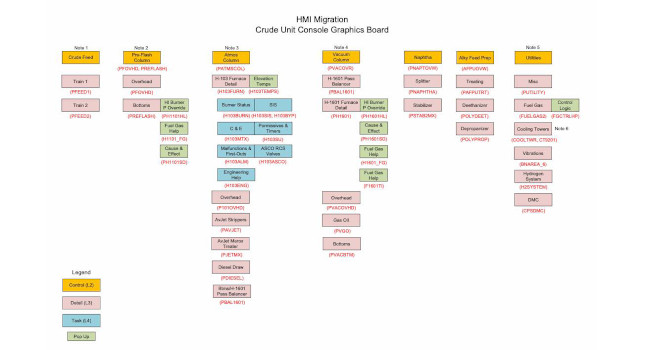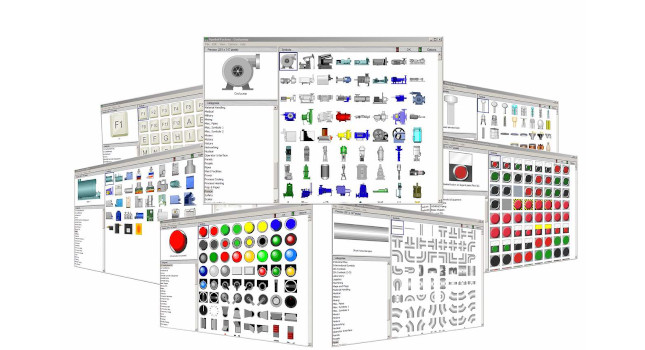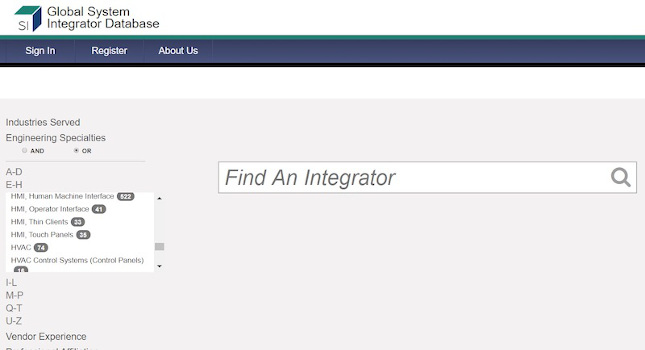I'm not really into New Year's resolutions anymore. I decided a number of years ago that I was just setting myself up for failure, since I never really kept any of them. But I am into New Year's reflections a little bit. You know, the annual taking stock of where you are and where you're headed? Anyway, here are some of the more-or-less random thoughts I've contemplated lately that I want to re...
I’m not really into New Year’s resolutions anymore. I decided a number of years ago that I was just setting myself up for failure, since I never really kept any of them.
But I am into New Year’s reflections a little bit. You know, the annual taking stock of where you are and where you’re headed?
Anyway, here are some of the more-or-less random thoughts I’ve contemplated lately that I want to revisit throughout this year. Maybe you’ll want to join me in some of them.
In any improvement process, there is a point of diminishing returns — even an endpoint at which no further benefits can be attained with the current process. This is when you have to abandon the current course, if you’re going to progress. You have to go back to the beginning, start anew, and reinvent. At some point, you have to say, “I don’t need a better buggy whip; I need something different to do what a buggy whip does.”
Question: Do I have any projects that need an entirely new approach?
“A man is loved not for how tall he stands, but for how often he bends to help, comfort, and teach” (from a Hallmark card). Standing tall, leading, and setting an example are all important. But we should also frequently remind ourselves of the flip side. Our jobs as managers and supervisors are not only to direct but also to enable.
Of course, seeking to be loved is not in a leader’s job description. Indeed, many effective leaders are not even well-liked. Nevertheless, every great leader recognizes that those he/she leads must also be served by helping them progress; by providing some sense of security, acceptance, and understanding; and by teaching them the skills they need to be successful.
Question: How can I enhance the career of someone else?
Sometimes, helping others is the best way to help yourself. Corollary: The best way to deal with your own problems may be to help others deal with theirs. Chances are, your work problems are somehow related to problems others are having. When their problems are solved, yours go away, or you discover a solution.
Question: Who among my peers or subordinates has a problem I can help them overcome?
We have to encourage people to think on their own. Farming for ideas is not easy, yet we have to find ways to consistently bring out the creativity in others. And we have to find ways to use those ideas so that we don’t stifle the independent thinking we’re trying to develop.
Question: How do I get the results I need without controlling the entire process?
So, my resolution, if that’s the word, is to keep asking these questions in the hopes of finding some answers. I hope you’ll find lots of answers in the year ahead.



